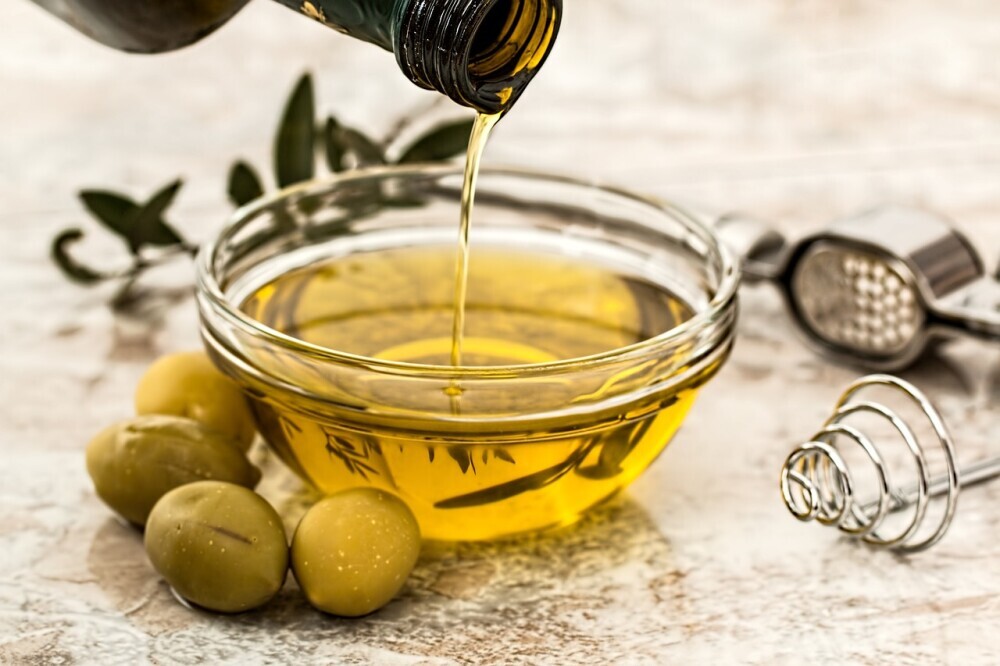Ah, the allure of the word ‘natural’. For some folks, it’s almost like magic! It’s not shocking that a lot of people see the term as synonymous with safe and effective. But why is that? Well, it’s partly about how we’ve been conditioned. Picture the commercials with lush green fields and pure streams, or those glossy magazine spreads of sunlit plants—all pitching products as safe because they’re ‘natural’.
This isn’t a modern thing, though. For ages, folks have turned to natural stuff—herbs, spices, and plants—for healing and everyday immunity boosts. But we’ve come a long way from grandma’s herbal teas to today’s highly marketed natural products lining store shelves. The debate between natural versus synthetic has deep roots, and it’s evolved as our understanding of both worlds grows. It’s like this continuous tug-of-war, where new findings throw in more twists.
Now, why do we naturally—pun intended—gravitate towards these products? It’s mostly about trust and comfort. There’s this idea that our ancestors got it right, that everything from the old days was simpler, purer, and carried wisdom. But here’s the rub: just because something’s natural doesn’t always mean it’s free of risks. Things like poison ivy or certain mushrooms make that pretty clear. Misunderstandings around ‘natural’ labeling can often fuel the myth of inherent safety.
It’s crucial to dive into the details. What is actually meant by ‘natural’? Does it mean zero chemicals? No way! Even water is a bunch of chemicals. The label can be super misleading. Companies often bank on the perception of purity without backing it with clear definitions, leading to customers feeling confident about their choices when, in reality, they might be buying into pretty pictures rather than facts.
The Science Behind Natural Products: Do They Deliver?
Unpacking the actual science behind natural products can be like sifting through a mixed bag. Some offer legitimate benefits backed by science, while others might just be riding the wave of natural hype. It’s essential to approach each product with equal parts curiosity and skepticism.
For starters, many natural products do get some love from scientific research. Stuff like echinacea for colds or turmeric for inflammation has been studied quite a bit, and there are positive findings to lean on. Echinacea could potentially help shorten cold symptoms, and turmeric’s active ingredient, curcumin, might help with inflammation, though outcomes can vary wildly depending on the formulation and individual use.
But not all natural products enjoy such research-backed cred. Some rely on anecdotal evidence or age-old uses as their primary selling point. Unlike pharmaceutical drugs, which undergo rigorous testing, natural products often get a pass when it comes to solid, large-scale clinical trials. This lack of consistent testing can lead to mixed messages about their efficacy.
So how do they stack up against synthetic options? It’s a mixed bag here too. In some cases, like vitamin C, natural sources (like oranges) and synthetic versions (like supplements) show similar effects. But for other products, the synthetic forms might offer more consistent dosages and, therefore, more reliable outcomes.
Safety is another area where science plays a key role. Natural doesn’t automatically mean safe. Think about it: cyanide is natural, but it’s definitely not something you want in your diet. Ensuring safety can come down to regulations that govern the preparation and sale of these natural options. Unfortunately, regulatory oversight varies greatly across different product categories and regions.
Regulations aim to protect consumers by ensuring what’s on the label matches what’s inside the bottle. However, the natural product industry isn’t as tightly regulated as pharmaceuticals. This means there’s a wide range of quality and purity among products that may all be labeled ‘natural’. Always a good idea to be an informed consumer and perhaps chat with a healthcare professional when considering these options.
Risks and Benefits: A Balanced Perspective
Natural products bring a fascinating mix of benefits and potential risks. Let’s start with the upsides. Many people find natural products appealing because they can offer some pretty cool health and wellness benefits. Think herbal teas that help you relax, or essential oils that might lift your mood. They’re often seen as a holistic way to support health, tapping into centuries-old traditions.
On the flip side, it’s crucial to acknowledge the possible risks. Natural doesn’t always mean harmless. Some natural substances can cause allergic reactions or interact with medications you’re already using. The key is balance—knowing both the good and the potentially not-so-good.
One thing to remember when using natural products is to stick to recommended dosages. Just because something is natural doesn’t mean it’s safe in any quantity. For example, too much of certain herbal supplements can lead to serious health issues, like liver damage or heightened blood pressure.
Combining traditional wisdom with modern science offers a unique perspective that can help you make better choices. History tells us what our ancestors benefited from, but modern research can validate these benefits and even uncover potential drawbacks that traditional users couldn’t foresee.
Approaching natural products with an informed mindset is super helpful. It’s about weighing their traditional and cultural importance against what today’s research tells us. Consulting with healthcare pros can provide essential guidance, especially if you’re using these products to tackle specific health concerns.
Making Informed Choices: Consumers’ Guide to Navigating Natural Products
Navigating the world of natural products can feel like wandering through a massive market crammed with colorful stands. The options are countless, and not all of them are clear-cut champions in the safety or efficacy department. Being a savvy consumer means not just buying into the word ‘natural’ but really exploring what each product offers.
When picking out natural products, start by scrutinizing the labels. Look for terms like ‘certified organic’ or ‘third-party tested’, which hint at some level of quality control. Understand that terms like ‘natural’ aren’t always accurately defined or regulated. This means doing a little homework can go a long way in ensuring you’re actually getting a product that holds its worth.
Research is your best buddy here. Check out credible sources and reviews. Reading up on research findings or visiting informational websites can arm you with the knowledge to differentiate between products that are promising versus those simply riding on advertising lingo.
It’s crucial to consider what experts have to say. Don’t hesitate to talk with a healthcare professional, especially when it comes to mixing natural products with other medications. They can provide tailored advice based on your unique health needs and help you avoid potential pitfalls.
Asking the right questions is another sharp tool in your kit. Inquire about the source of the ingredients, the manufacturer’s credibility, and any scientific backing for the product’s claims. Equipped with these answers, you’re in a strong position to make smart choices that align with your health goals.
“Our Website contains affiliate links this means if you click and make a purchase we may receive a small commission. “Don’t worry there is no extra cost to you. It’s a simple way you can support our mission to bring you quality content.“

